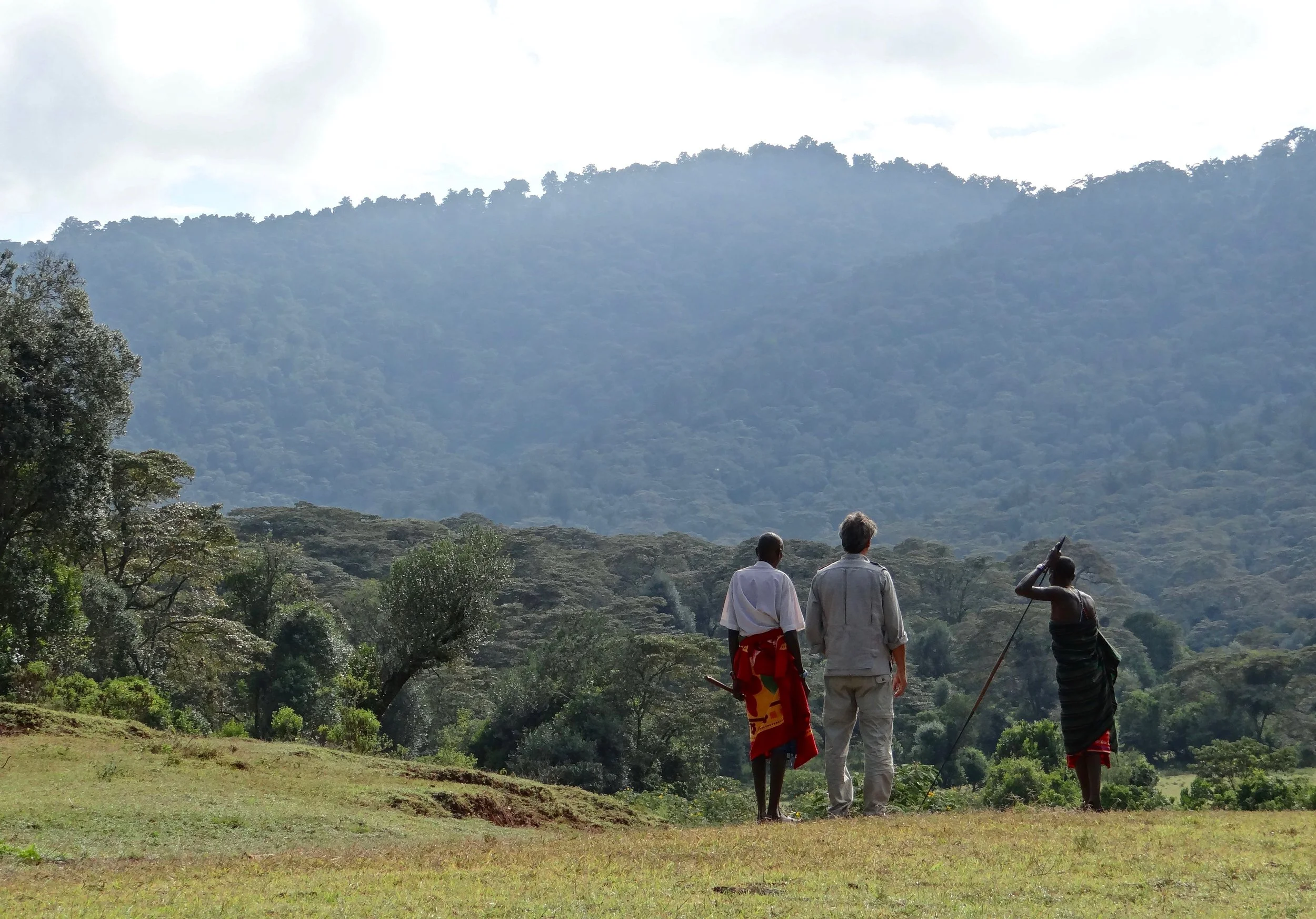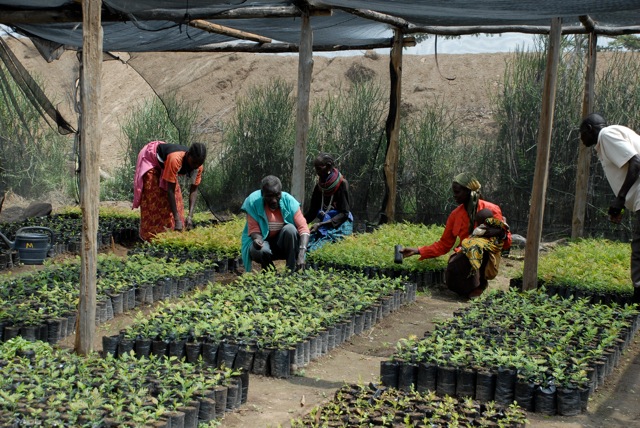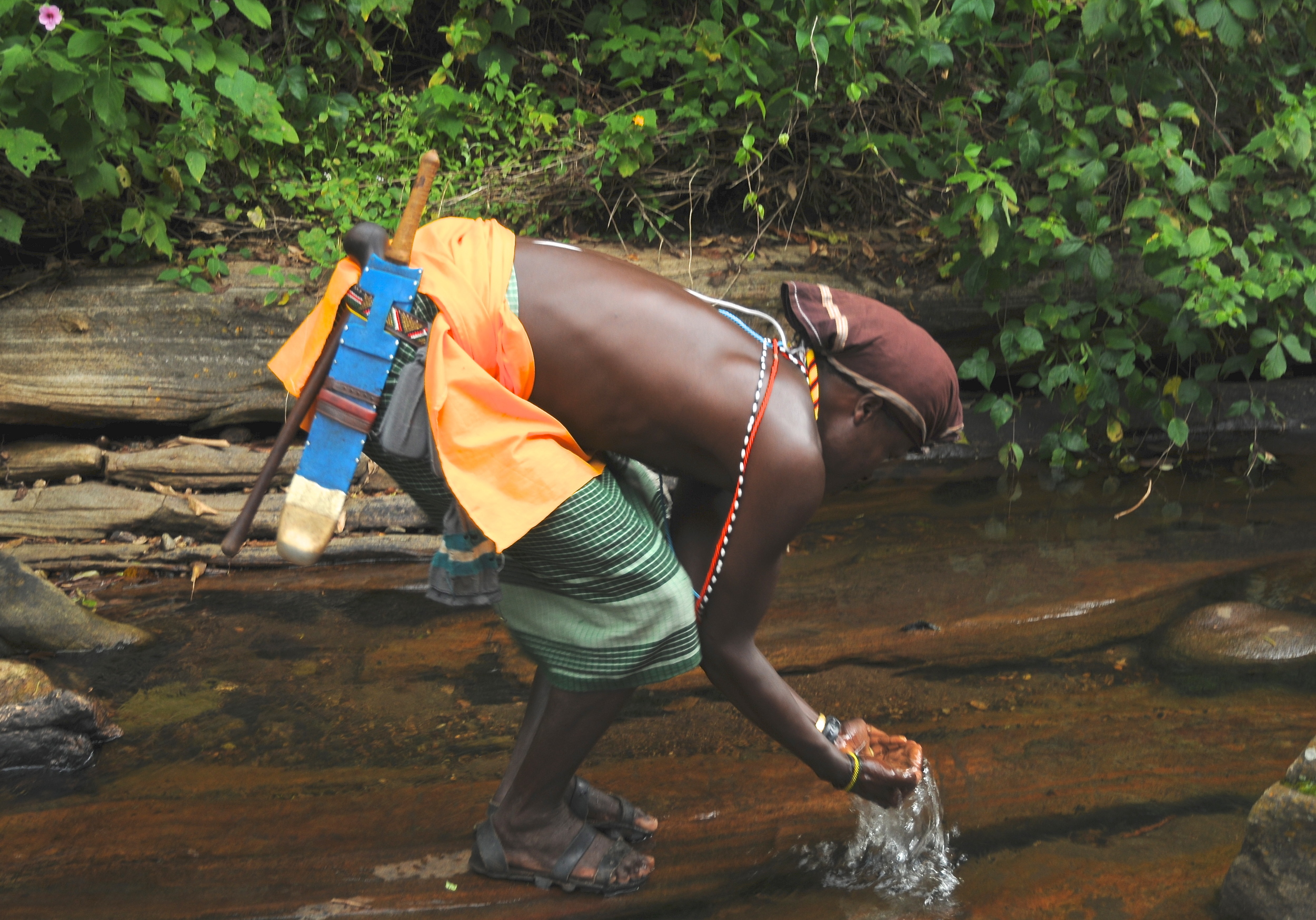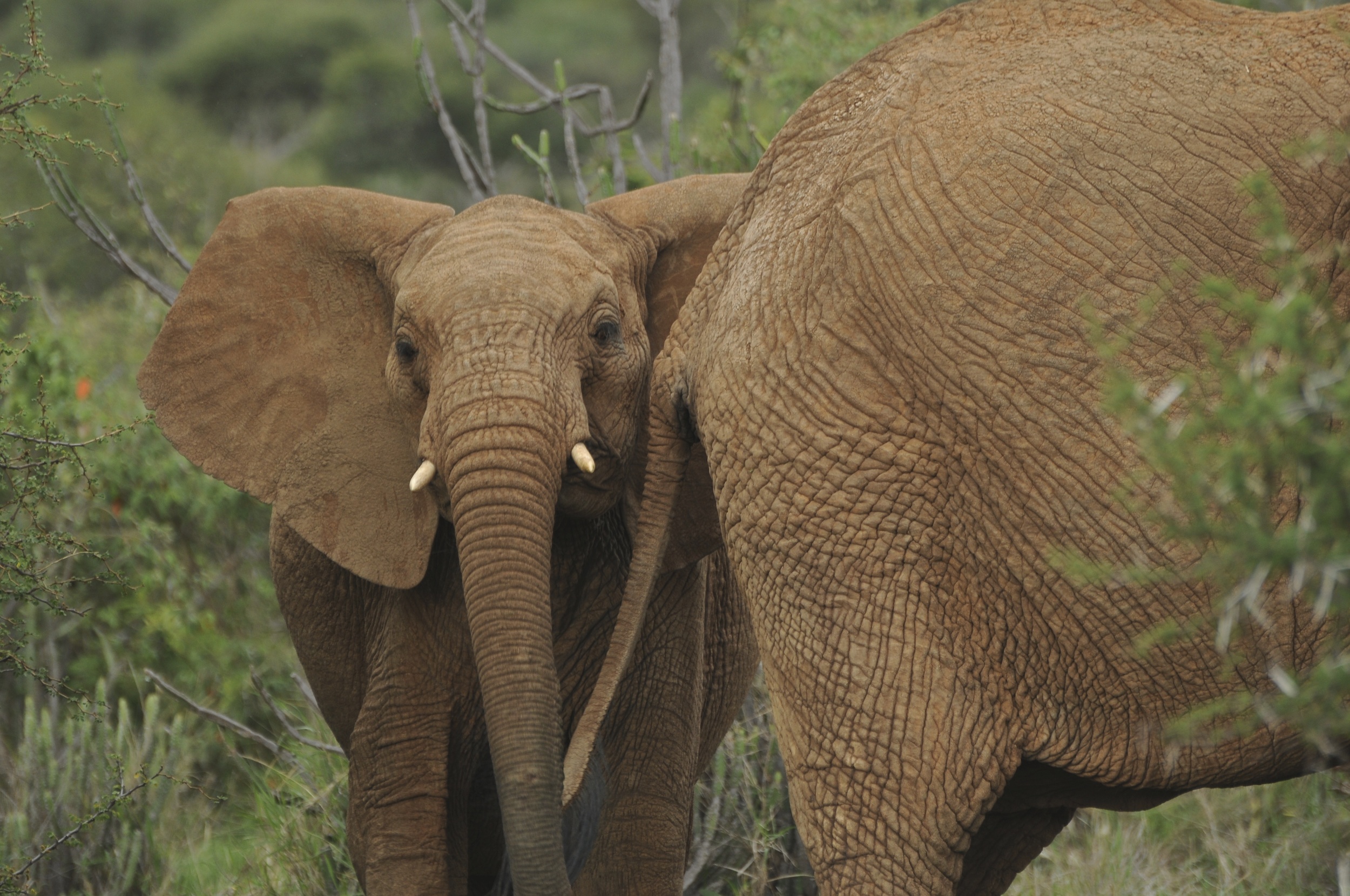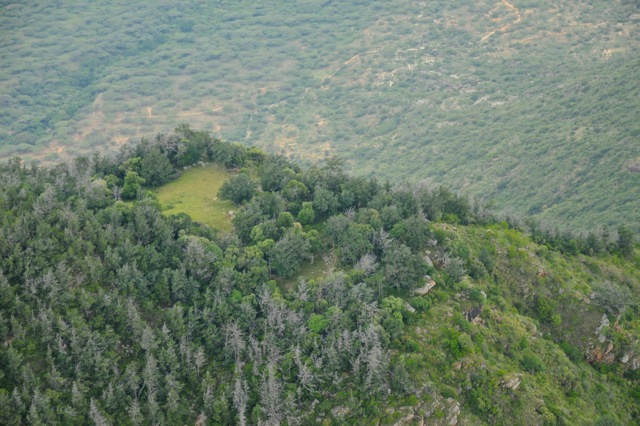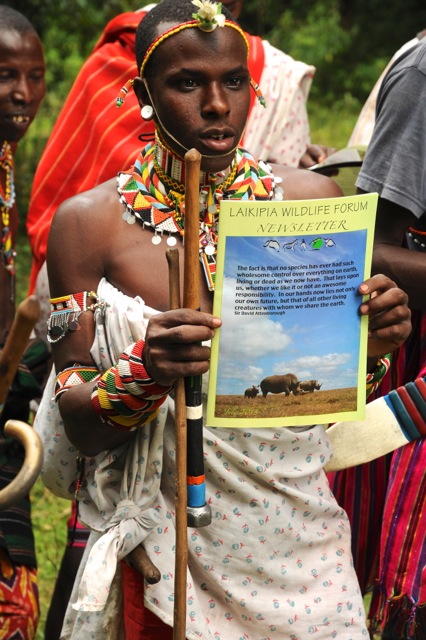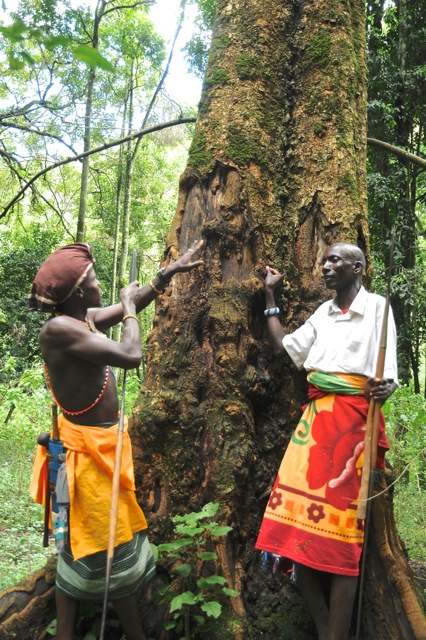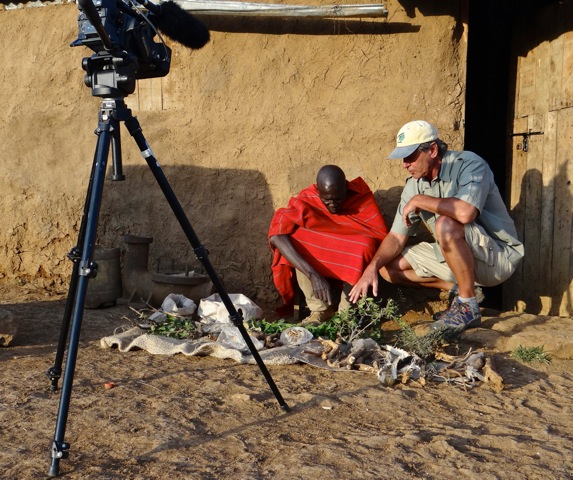Noonetime supports critical conservation needs by funding sustainable local conservation projects that preserve and protect endangered habitats and/or its associated species that are dependent upon them.
Noonetime recognizes that the needs of the planet and of all living things upon it are interconnected. Critical habitat and the threatened species dependent on them go hand in hand as world population soars, and traditional ways of life are lost to global economies. In recognition of this, Noonetime has created a “conservation” branch so that interested supporters can choose to “share the love’ for the planet by supporting well researched local, community based conservation programs that depend on external assistance to achieve their goals in preserving critical habitats and/or the species that are dependent upon them.
Conservation of critical habitat often means preservation of a particular species, and needs to include local commitment and efforts to implement policies and projects that are necessary to realize the conservation goal. Each conservation project chosen by Noonetime is evaluated for its impact and achievability and importance to local communities and global conservation initiatives by focusing on well-researched and informed programs by organizations with broad base approval by conservation professionals and government agencies. Efforts will be monitored and administered by knowledgeable, committed, local individuals and conservation experts that constantly assess the project viability and on-going success.
Desert Island Project: Central Kenya
The first conservation project we have chosen to support is the “Desert Island” Project based in Laikipia County, Northern Kenya. Working hand in hand with the Suyian Trust as well as local communities and the Kenya Forest Service. Noonetime will support this postitive initiative to conserve some of the last remaining indigenous forests in the arid areas of Northern Kenya. Only 1% of Kenya’s indigenous forest remains and is increasingly threatened by improper, non-sustainable use. The Desert Islands of the North make up 25% of Kenya's remaining forests. This critical habitat supports some of the last remaining populations of many dependent species such as elephant, lion,wild-dog, leopard and many un-documented plants utilized for centuries as traditional medicine. These dry Cedar/Olive forests act as important water catchments rising up to 8 or 9,000 ft from semi-arid to desert, these Desert Islands provide water to all lifeforms in the arid land that surrounds them. The seasonal riverbeds in the arid lands are an important source of water to the surrounding communities and many species of wildlife, without the Forests the seasonal riverbeds would not hold water. Therefore the loss of these forests would mean that thousands of people would have to leave the areas that surround the Desert Islands and many species of wildlife would not survive in this vast dry landscape.
We will support well-defined and monitored efforts to protect these critical habitats by the participation of the local communities as well as working closely with the relevant government institutions i.e. the Kenya Forest Service and the Kenya Wildlife Service.
Specifically resources will be used to:
- Carry out baseline surveys of: The fauna and flora including insects and amphibians.
- Support the M&E (monitoring and evaluation) of the forest after baselines have been established.
- Record and document all the sacred and historical sites within the forest use by the local communities with emphasis on the importance for traditional herbalists.
- To support sustainable community based projects which focus specifically on forest protection : Beekeeping, Tree nurseries, Forest Scouts,
- Education: To promote awareness of forest protection in the form of field trips, booklets, field days, meetings with communities, vernacular radio broadcast, training for forest scouts.
- To support the following "Desert Islands" in the Northern part of Kenya: Kirisia Forest, Mt Nyiru forest, Mt. Kulal, Mathews Range, Ndoto Mountains, Marsabit Mountain. To work with The Kenya Forest Service to make sure all the "Desert Island" forests develop a Community Forest Association.
Noonetime Charities will initially partner with local stakeholders and community based organizations such as Suyian Trust, the Kirisia Community Forest Association, the African Wildlife Foundation, and the Kenya Forest Service, to ensure a more efficient system of achieving our goals.
Share the Love by helping to protect this little known but vital environmental effort to preserve rapidly disappearing eco-systems which are critical to so many people, plants and animals who depend entirely on the survival of these " Desert Islands"

